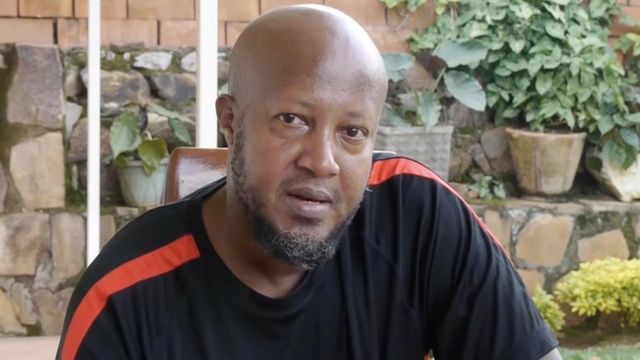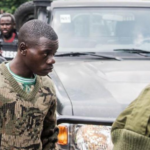
RWANDA POLICE ARREST YOUTUBER FOR ALLEGED GENOCIDE DENIAL
Published on June 2, 2021 at 10:04 AM by FACE OF MALAWI
Rwandan authorities on Monday said they had arrested a highly critical YouTuber on charges of denying the 1994 genocide, which could land him in jail for over a decade if he is found guilty.
Aimable Karasira, 40, a former university lecturer, runs a popular YouTube channel with over 62,000 subscribers, from where he launches regular attacks against the Rwandan government.
Kigali has often come under fire from rights groups for cracking down on free speech and misusing laws on genocide denial to round up critics.
However, Karasira’s views are seen as more radical than most in a country where it is taboo and dangerous to publicly debate some aspects of the genocide, which left some 800,000 mostly Tutsis and some moderate Hutus dead.
“Aimable Karasira has been commenting on social media for days about the 1994 genocide against the Tutsi, saying it was unplanned and sowed divisions among Rwandans,” said a statement by the Rwanda Investigative Bureau (RIB), released late Monday.
The statement said he will be charged under laws on genocide ideology and revisionism.
Karasira was recently fired from the University of Rwanda, where he taught information technology, for “indiscipline”.
In a video posted on May 20, Karasira criticised the ruling Rwandan Patriotic Front for “fueling hate” and questioned key aspects of the genocide.
Last year in September, Rwandan police threatened to arrest and charge Karasira for interviewing a former presidential aspirant who is also critical of the government.
The politician, Fred Barafinda Sekikubo, said he had been arrested in 2019 and forced into a mental institution for seven months in a bid to change his political views.
The RIB said the presidential aspirant had been “diagnosed to be insane” and was “not fit to be interviewed”.
Under Rwanda’s tightly controlled media landscape, where dissent is not tolerated, YouTube has exploded in popularity, and several people speaking out on the platform have been arrested.
In March, a local woman Yvonne Ndamange was arrested after using the channel to call for protests against President Paul Kagame’s “dictatorial rule”.
Upon her arrest, police issued a statement saying that she was “exhibiting behaviour that mixes politics, criminality, and madness.”
Meanwhile Innocent Bahati, who published critical poems on YouTube has been missing since February 7.
Human Rights Watch has said his disappearance should be treated as “suspicious” given his previous detentions for criticising the government.
Source:EWN


